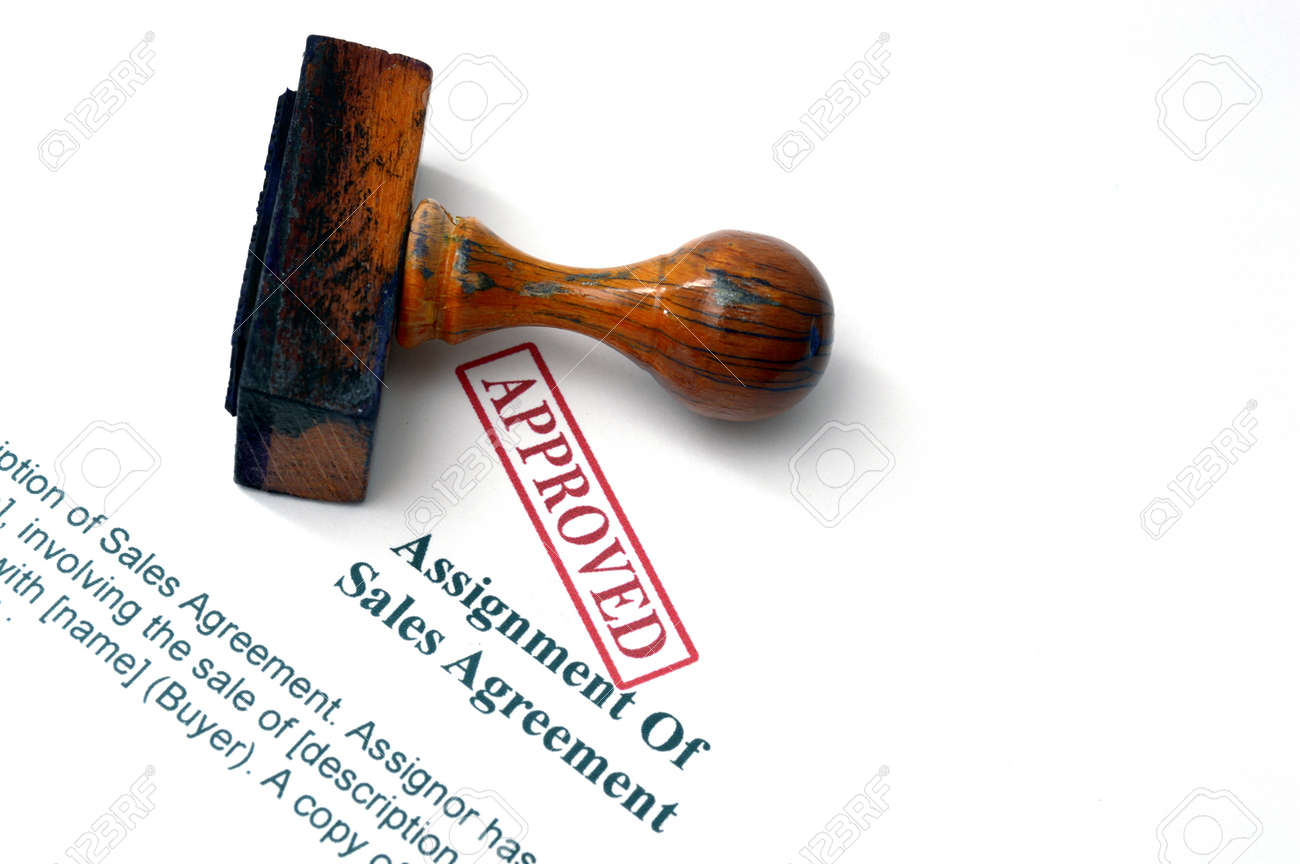
What is an Assignment Sale of a property?
An assignment is a sales transaction where the original buyer of a property (the "assignor") allows another buyer (the "assignee") to take over the buyer's rights and obligations of the Agreement of Purchase and Sale before the original buyer closes on the property.
In an assignment sale, the assignor must report any profit realized from the sale in the tax year in which the right is assigned. The profit will be treated as taxable business income, which is fully taxable unless the taxpayer can prove that the intention was not to FLIP the property.
Taxpayers generally assume that the sale of real estate results in a capital gain. Despite this, they must realize that it is not the nature of the property, but the buyer's intent at the time of purchase, that determines if the property is capital or inventory.
Is the profit realized a business profit, or a capital gain?
Firstly, the sale of the property is booked with the builder and not transferred on the taxpayer name(s). Therefore, there is less possibility for a 50% exemption. One can claim a capital gain and a 50% exemption if it would have been transferred after paying land transfer cost or any associated cost.
Secondly, it is determined that the taxpayer's intention at the time of purchase was to resell the property for a profit. Therefore, the proceeds would be considered business income with a 100% inclusion rate instead of 50% capital gains.
Assignment sales, undertaken by individuals looking to make a quick profit on the “flip”, are often based on short-term transactions.
Taxpayers who have a history of flipping properties in a short time frame will have difficulty justifying that their investment is capital property. Suppose the taxpayer wants to treat assignment sales as a capital gain. In that case, they must ensure that the facts support the taxpayer's claim; that their intention to hold on to the property was long-term, either as a personal-use property or as an income-producing property. They must show that they could not close the property due to mortgage failure or unavoidable personal reasons. Thus, the CRA may dismiss the taxpayer(s) claim that the real estate was capital property because the facts did not support their claim, and the taxes will be assessed on the sale as business income.
Can an assignment sale be considered for a principal residence exemption?
Some taxpayers originally purchased a pre-construction unit intending to live in it as a principal residence, which then qualifies for the principal residence exemption (PRE) and therefore is not taxable.
However, in the case of an assignment sale, the rights to the property have been sold before closing. The property, therefore, was never inhabited as a principal residence, and cannot qualify for the PRE.
HST on assignment sales:
An assignment sale carries income tax and HST. Like income tax, much depends on the buyer's intent at the time the contract was entered. The CRA deems that if a person buys a property for the primary purpose of selling the house or interest in the house, then that person will be considered a trader. The CRA will consider the taxpayer a trader/builder (even if they have never built a home) if they conclude that property was purchased for the primary purpose of selling it or an interest in it. Once the seller is considered a builder/trader, they must charge HST on the transaction on the profit being made and the deposits.
For example, if John had put down $150,000 in deposits on a property and made a further profit of $120,000 as an assignment fee, the CRA's position is that 13% HST is payable on $270,000. This has been challenged successfully with HST being found to apply only to the assignment fee/profit, but the CRA's position remains that it is payable on the total of the profit plus the deposits. Under most contracts, HST is included in the purchase price to the assignee/final buyer, so this would have to be paid by the seller/assignor.
Who pays the HST on an assignment sale?
Generally, the HST will be in addition to the price and paid for by the buyer. The assignment agreement must be explicit to show the profit on the transaction, as it should only be the profit subject to HST.
Who pays the GST in assignment sales?
GST/HST is payable by the assignee on the assignment fee and the amount attributable to the deposit that the assignor paid to the builder of the property. The assignee is eligible to claim the GST/HST new housing rebate. The new housing rebate can be assigned to the builder and credited against the purchase.
Is the sale subject transfer taxable?
Transfer Tax is the tax imposed on any mode of transferring the ownership of real property, either through sale, donation, barter, or any other method.
What expenses can be claimed under assignment sale?
Taxpayer can summarize:
Don’t let the tax man come knocking after your assignment sale! Understand your tax obligations today!
For more information please click here
Posted on 06 Dec 2021


